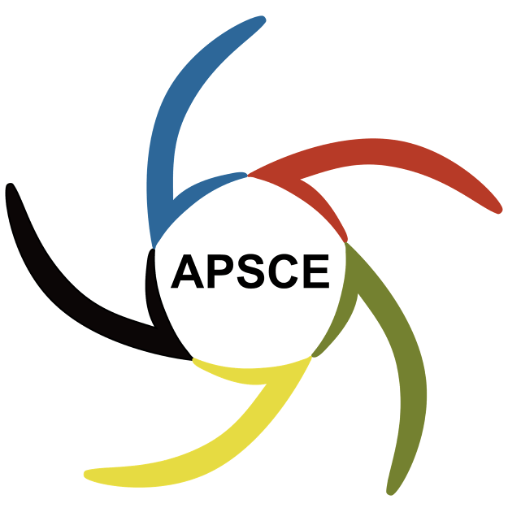

Speakers: Dr. Fan Ouyang (Zhejiang University, China)
Moderator: Dr. Bo Jiang (East China Normal University, China)
Curated by: APSCE Artificial Intelligence in Education (AIED) / Intelligent Tutoring Systems (ITS) / Adaptive Learning (AL) SIG
Date: 14 October 2025 (Tuesday)
Time: 9:00-10:00 (UTC+8)
Register before 12 October 2025:
https://us06web.zoom.us/webinar/register/WN_CCUp9qnnQ2qerZxaw03g8g
Abstract:
Artificial general intelligence (AGI) has gained increasing global attention as the field of large language models undergoes rapid development. Due to its human-like cognitive abilities, the AGI system has great potential to help instructors provide detailed, comprehensive, and individualized feedback to students throughout the educational process. As a preliminary version of the AGI system, has the potential to improve programming education. In programming, students often have difficulties in writing codes and debugging errors, whereas ChatGPT can provide intelligent feedback to support students' programming learning process. This research implemented intelligent feedback generated by ChatGPT to facilitate collaborative programming among student groups and further compared the effects of ChatGPT with instructors' manual feedback on programming. A variety of learning analytics methods were employed to analyze students' computer programming performances, cognitive and regulation discourses, and programming behaviors. Results indicated no significant differences in students' programming knowledge acquisition or group product quality between the two feedback conditions. However, ChatGPT intelligent feedback facilitated students' regulation-oriented collaborative programming, while instructor manual feedback facilitated cognition-oriented collaborative discussions during programming. Students also perceived ChatGPT feedback as having both clear advantages, such as immediacy and specificity, and notable limitations, particularly regarding accuracy and contextual appropriateness. Drawing from the results, this research offered pedagogical and analytical insights to enhance the integration of ChatGPT into programming education at the higher education context. This research also provided a new perspective on facilitating collaborative learning experiences among students, instructors, and the AGI system.
Biodata:
Fan Ouyang is an associate professor in college of Education, Zhejiang University. She holds a Ph.D. degree in Learning Technologies from University of Minnesota. Her main research interests are in the areas of Computer-Supported Collaborative Learning (CSCL), Learning Analytics (LA), Educational Data Mining (EDM), Artificial Intelligence in Education (AIEd), and online and blended learning. In the past 5 years, she has published more than 50 + journal papers (SSCI/SCI/EI/ESCI indexed), and serves as the PI of two NSFC projects as well as 10 provincial and university-level projects. She was awarded the Elsevier China Golden Open Access Scholar Award for Highly Downloaded Papers (2021-2022, Humanities and Social Sciences and Economics), Top 2% Scientists Worldwide 2024 by Stanford University.
